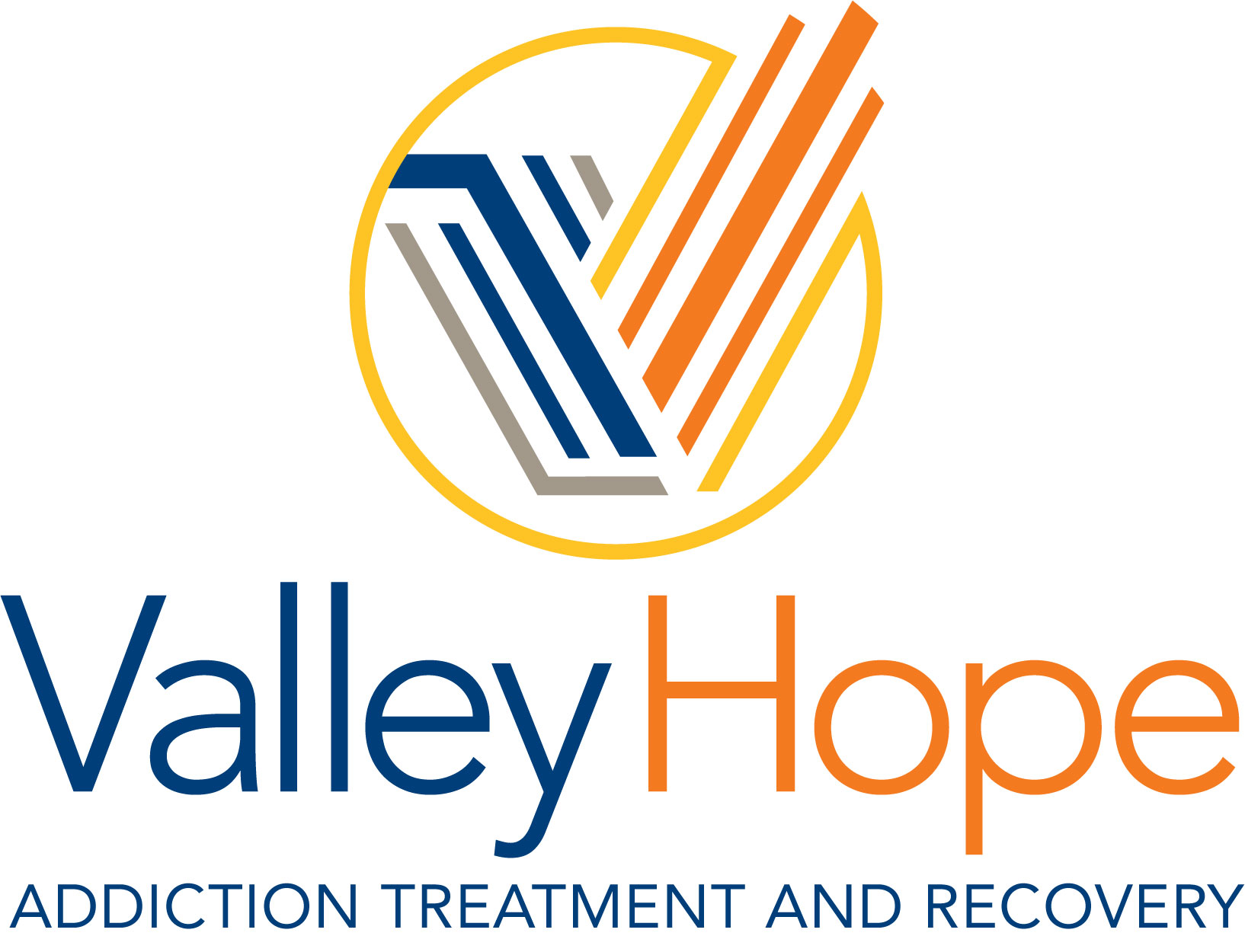Men are more vulnerable to substance abuse and addiction due to factors including undiagnosed mental health issues, addiction stigma, and higher rates of trauma.
In fact, PEW recently provided research that clearly shows higher rates of addiction among men such as:
- Compared to women, men are more likely to engage in illicit drug use and to begin using alcohol or drugs at a younger age.
- These risk factors contribute to a rate of substance dependence in men that is twice that of women; men are also more likely to experience an opioid overdose. In fact, of the 47,600 opioid-related overdose deaths in 2017, two-thirds were among men.
- Men are more likely to drink excessively, which is associated with higher rates of alcohol-related deaths, hospitalizations, and risky behavior, such as drinking and driving.
- For other drugs, such as marijuana, use in males is higher, as is the prevalence of cannabis use disorder.
And, according to a 2021 study by the CDC, men accounted for nearly two-thirds of all overdose deaths related to drugs or alcohol in the United States.
Three specific risk factors may impact the higher rates of addiction among men:
1. Untreated Mental Health Issues
Men encounter unique challenges in addiction and recovery. According to SAMHSA, the overall prevalence of mental illness in men is typically lower. However, mental health among men often goes untreated because they are far less likely to seek mental health treatment than women, which can contribute to addiction risks.
When it comes to addiction risks, many factors impact men, such as societal pressures, issues with mental health, peer influence, and past traumas.
Certain cultural views of masculinity can have a big impact on men and addiction. Some push the idea that men should handle things on their own, hide their emotions, and turn to substances for coping.
It is important to have effective intervention plans in place to help overcome these obstacles and regain control of your life. Valley Hope can help someone suffering from a substance use disorder learn new ways to manage stress and anxiety.
2. Addiction Stigma
According to multiple studies from the National Institutes of Health, SAMSHA and the CDC, men have a greater prevalence of substance use disorders, including illicit drug use and binge drinking. Moreover, societal expectations often pressure men to suppress emotions and rely solely on themselves, preventing them from accessing addiction treatment.
Men also have a more tolerant attitude to excessive drinking and illicit drug use, including marijuana and cocaine, which can speed the progression of addiction.
3. Childhood Trauma and PTSD
Traumatic experiences are key risk factors for addiction in both men and women, and the rates of trauma are higher among men.
Anyone who experiences adverse childhood experiences (ACE), which includes abuse, neglect, and other traumatic experiences before age 18 are at increased odds of developing an SUD. And, the connection between substance misuse and childhood abuse, and divorce, is stronger among men.
Post-traumatic stress disorder (PTSD) can also trigger the progression of addiction. And, compared to women, men with PTSD are almost twice as likely to also have an SUD.
Finding Help for Men Struggling with Addiction
Access to effective, evidence-based addiction care is essential to help men struggling with drug and alcohol abuse. We understand and address these specific challenges at Valley Hope, offering tailored treatment plans that promote holistic healing for men’s physical, emotional, and spiritual well-being.
If you or someone you know is struggling with addiction, seeking help is important. Seizing the opportunity to start seeking professional help as soon as possible can significantly impact long-term recovery from drugs and alcohol and help build a fulfilling life. Valley Hope provides a safe space without judgment; our clinical experts and dedicated, compassionate staff for patients and their families to find healing in sobriety.
Learn more about Valley Hope Addiction Treatment and Recovery programs.











